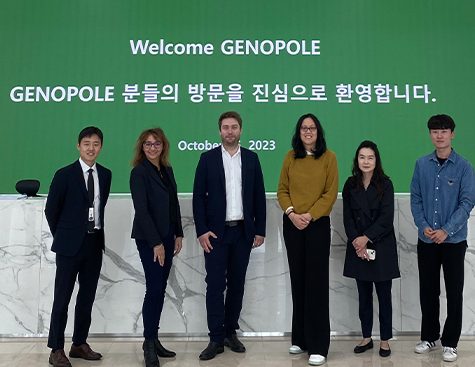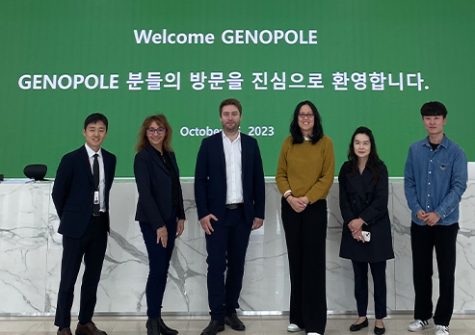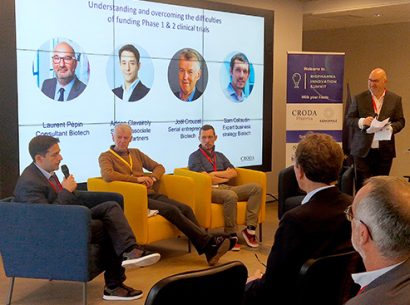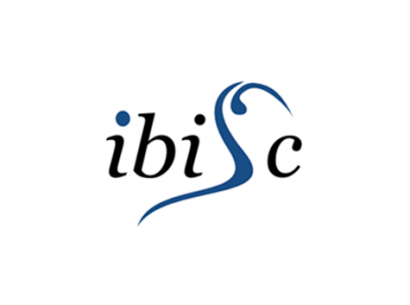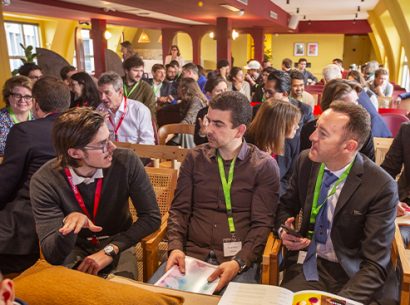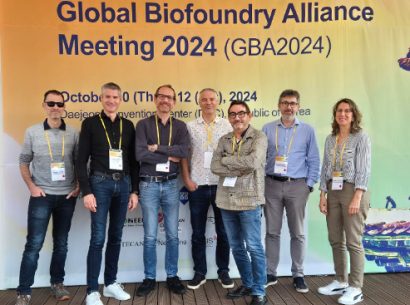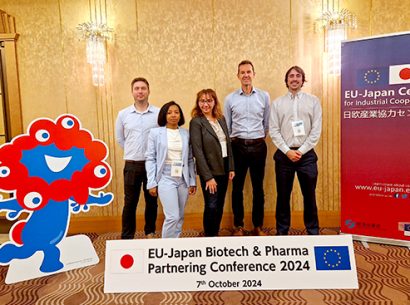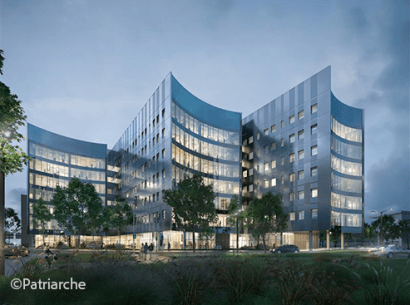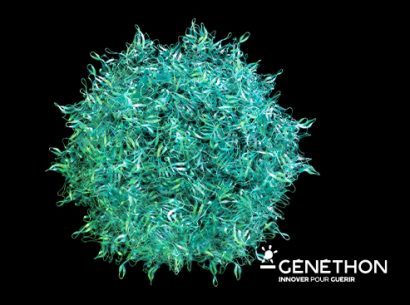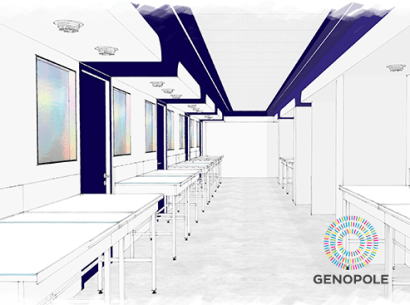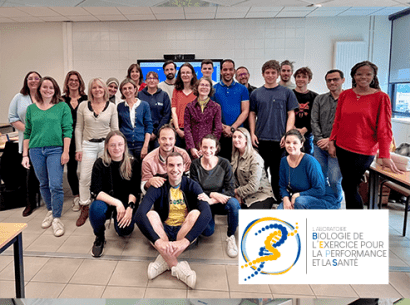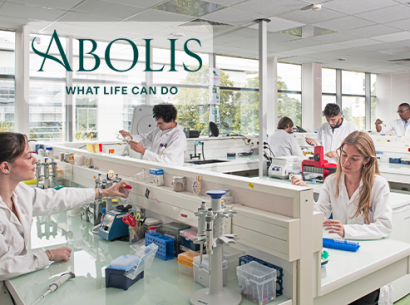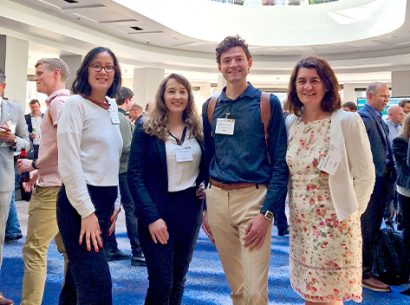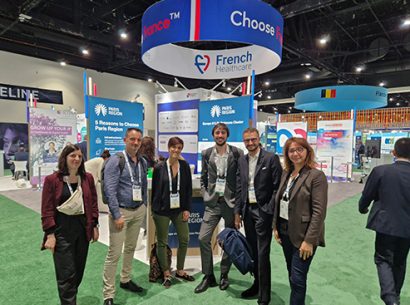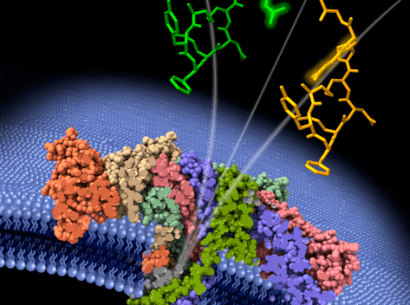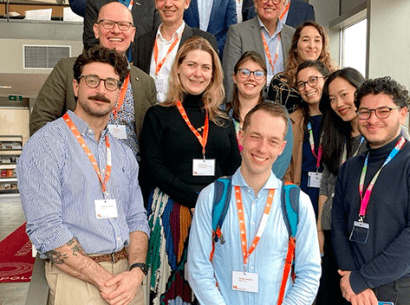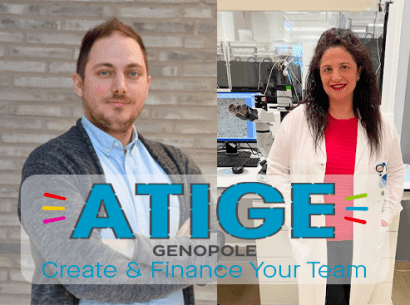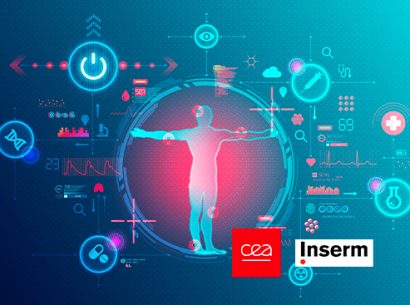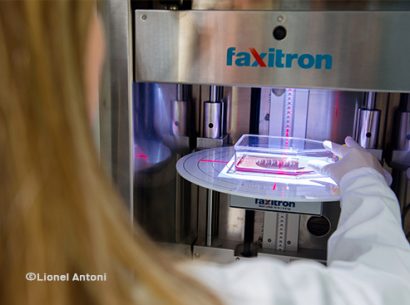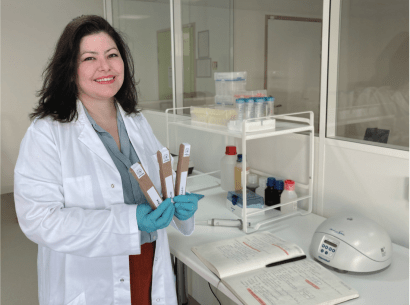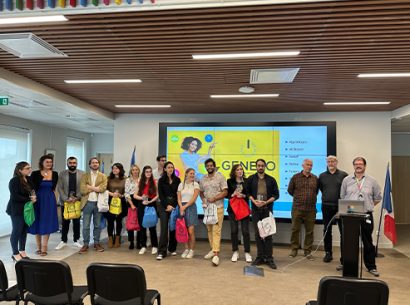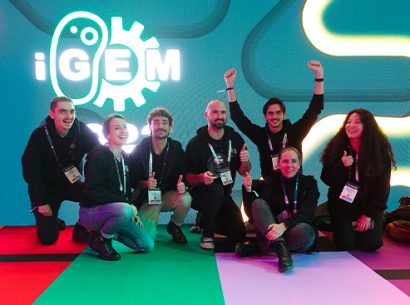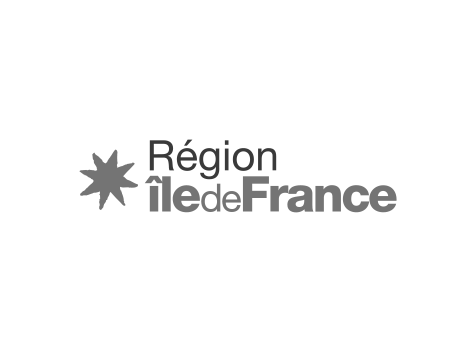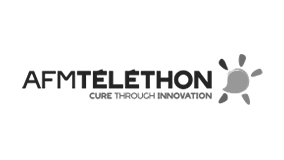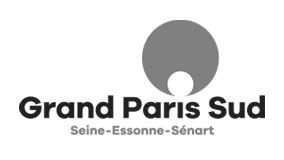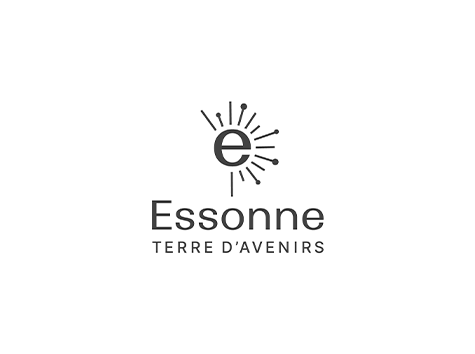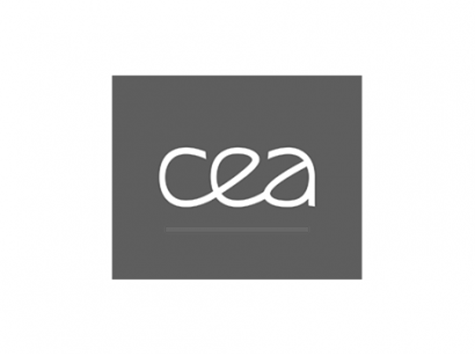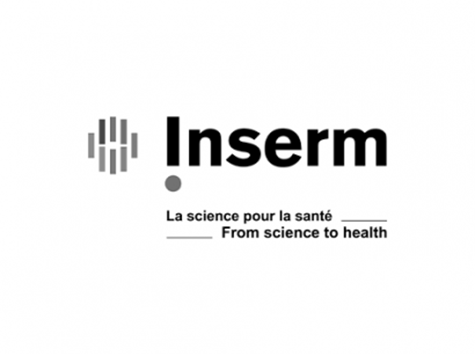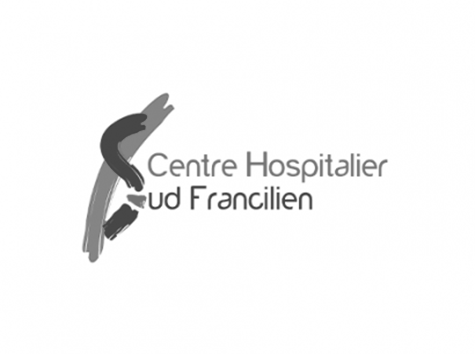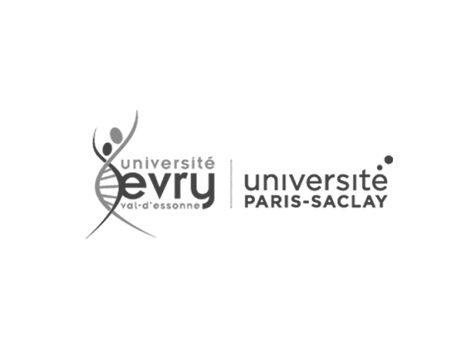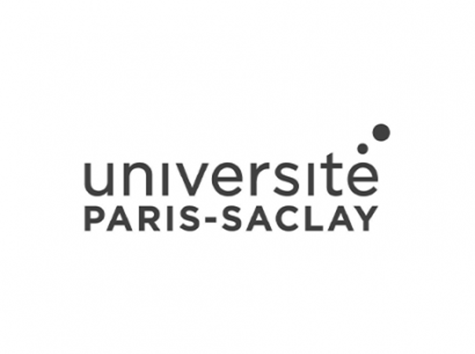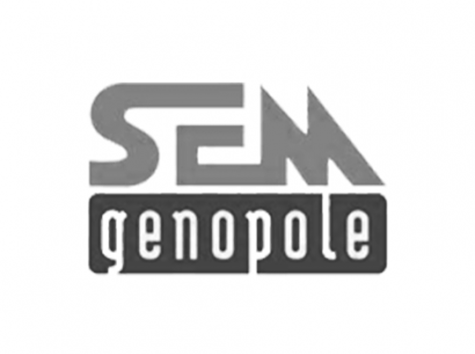Setting its sights on Southeast Asia, Genopole sent a team to Japan and South Korea on 7–18 October to present itself and several of its accompanied businesses to major pharmaceutical corporations, investors and Asian bioclusters curious about biotechnological innovations and open to international partnerships.
Here, Laurence Lacroix-Orio, head of the Growth Hub of Genopole’s Business Development and Prospection Department, explains the objectives of the mission and the perspectives for partnerships it obtained.
Why all this interest for Southeast Asia?
Laurence Lacroix-Orio : “Southeast Asia is a promising and dynamic market as concerns healthcare.
The Japanese benefit from the longest life expectancy in the world!
That’s an excellent accomplishment for the country, but it does imply an aging population and the health issues that go with it, notably increasing rates for cancers, neurodegenerative diseases and cardiovascular disorders, among others. That explains Japan’s significant investments to support regenerative medicine and biomedical innovation.
South Korea is also very receptive to open innovation and international partnerships.
So, this exploratory mission’s objective was to find partnership opportunities with not only major corporations and investment funds, but also local bioclusters whose focuses pair well with those of Genopole”.
Do pharmaceutical corporations also seek out partnerships?
Laurence Lacroix-Orio: “There are many pharmaceutical companies looking for licensing agreements to strengthen their drug portfolios in, for example, oncology, cardiometabolic disorders or rare diseases.
Groups such as Daïchi Sankyo in Japan and Celltrion in South Korea are looking to extend their activities to Europe. Why not at Genopole?

Thanks to our mission, they now know about Genopole’s real estate advantages and building potential for biomanufacturing plants, as well as its other benefits.
We’ve launched discussions and created a climate of trust. That’s the interest of on-site visits. We were easily able to create contacts with numerous Japanese biotech actors at BioJapan, Asia’s largest biotech conference, which draws 15,000 pharmaceutics professionals every year from across the globe. This was also the case at the Global Life Science event in Tokyo, at the Pharma Partnering Conference in Osaka and at a range of clusters in Japan and South Korea.
Be they in Kawasaki or Kobe in Japan, or Innopolis, Magok or Incheon in Korea, all the locations we visited shared our vision: exchange good practices and formalize partnerships to ease the arrival of our biotechs at their sites and inversely welcome theirs to Genopole”.
Is Genopole already known in Southeast Asia?
Laurence Lacroix-Orio: “Yes. Previous contacts over the years have already established Genopole as a French site at the cutting edge of biotech innovation among Japanese and Korean academic researchers and corporations.
For example, only a month after having won the 2012 Nobel Prize for his work on induced pluripotent stem cells, Shinya Yamanaka visited Genopole and met with I-Stem Director Marc Peschanski, a French expert in stem cell research (AFM-Téléthon, Inserm, University of Évry).
Also, the Japanese company Santen and the Korean company SK pharmteco have acquired and financed businesses at Genopole. Inversely, Genopole companies like Synsight, or Texcell,—a biosecurity service provider—are spreading their wings in Japan, in Korea and in Asia generally.
We share subjects of interest and opportunities are available to us. In the wake of our exploratory mission, the Creative Economy Innovation Center, which is an innovative start-up hub in Seoul, will be visiting Genopole in the next few weeks and other connections and partnerships will follow.

